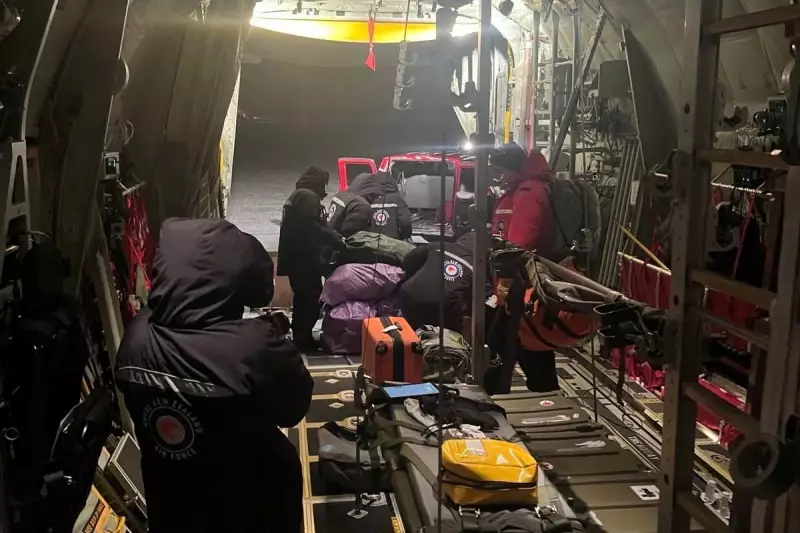
In an unprecedented move, the United States has initiated emergency evacuations at its flagship Antarctic research station, McMurdo, as a severe fuel shortage threatens operations during the approaching polar winter.
Critical situation at the bottom of the world
The National Science Foundation (NSF) confirmed that McMurdo Station, Antarctica's largest research hub, faces a potentially catastrophic fuel deficit. The crisis stems from an unusually short resupply season and logistical challenges that prevented adequate fuel deliveries.
Winter preparations disrupted
With Antarctic winter fast approaching, officials made the difficult decision to evacuate all non-essential personnel. "This wasn't a choice we made lightly," an NSF spokesperson stated. "But ensuring we can maintain critical operations through winter is our absolute priority."
The station typically houses about 250 personnel during winter months, but this year's numbers will be significantly reduced. Essential staff remaining will focus on maintaining:
- Life support systems
- Key scientific equipment
- Emergency response capabilities
Scientific research impacted
The evacuation deals a significant blow to Antarctic research programs, with many projects being postponed or scaled back. Scientists express particular concern about long-term climate monitoring studies that require continuous data collection.
"The polar regions are our planet's early warning system for climate change," said Dr. Eleanor Voss, a glaciologist whose team is among those being evacuated. "Any gap in our observations could have serious consequences for understanding global climate patterns."
Logistical nightmare in extreme conditions
The evacuation presents extraordinary challenges. Antarctica's rapidly deteriorating weather conditions mean there's only a narrow window to safely remove personnel before winter makes flights impossible.
Transport options are limited to:
- Military aircraft flying from New Zealand
- Icebreaker-assisted ship evacuations
- Limited helicopter transfers between stations
The NSF emphasizes that while the situation is serious, all personnel remain safe and there's no immediate risk to those staying through winter.





